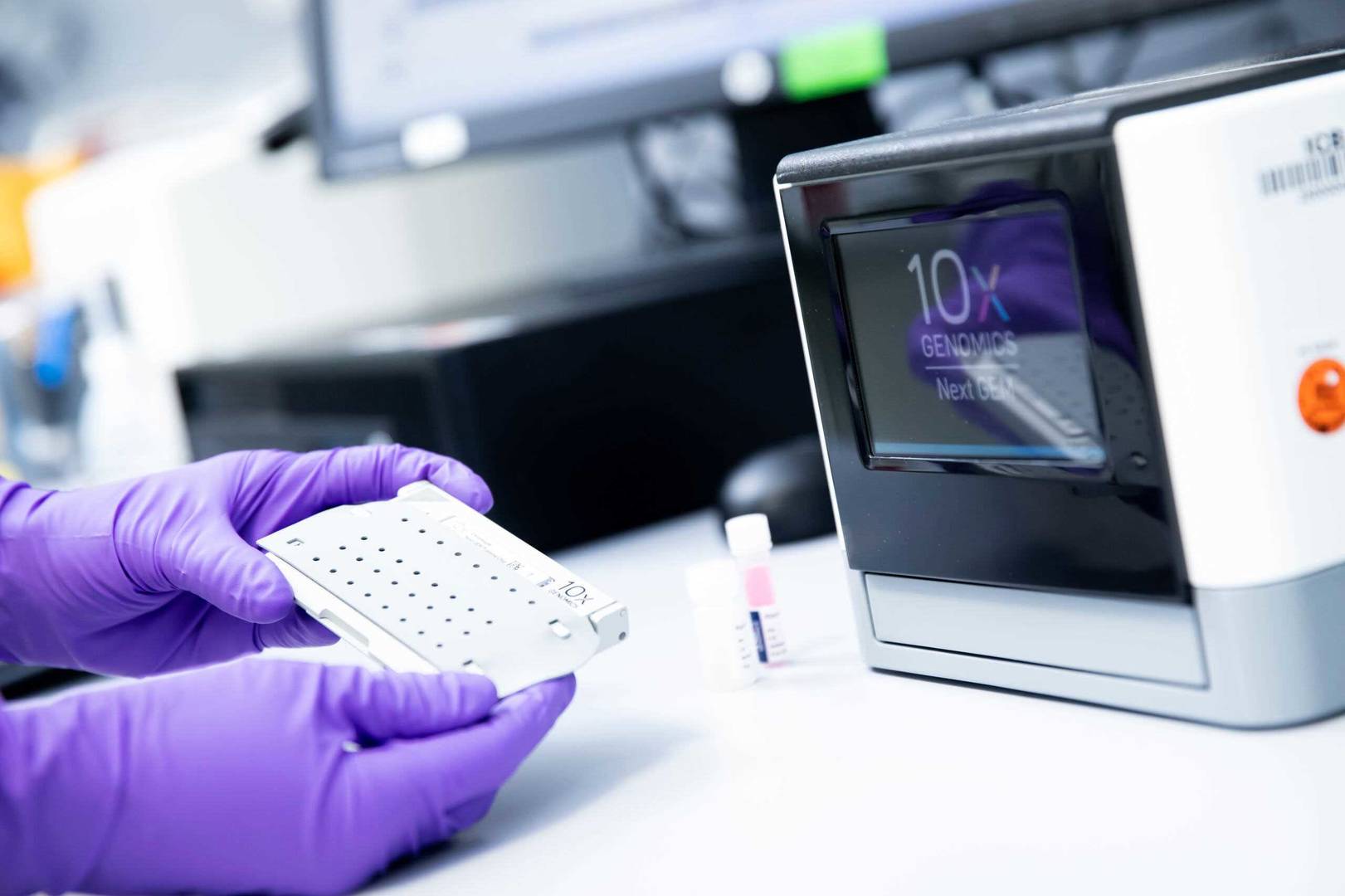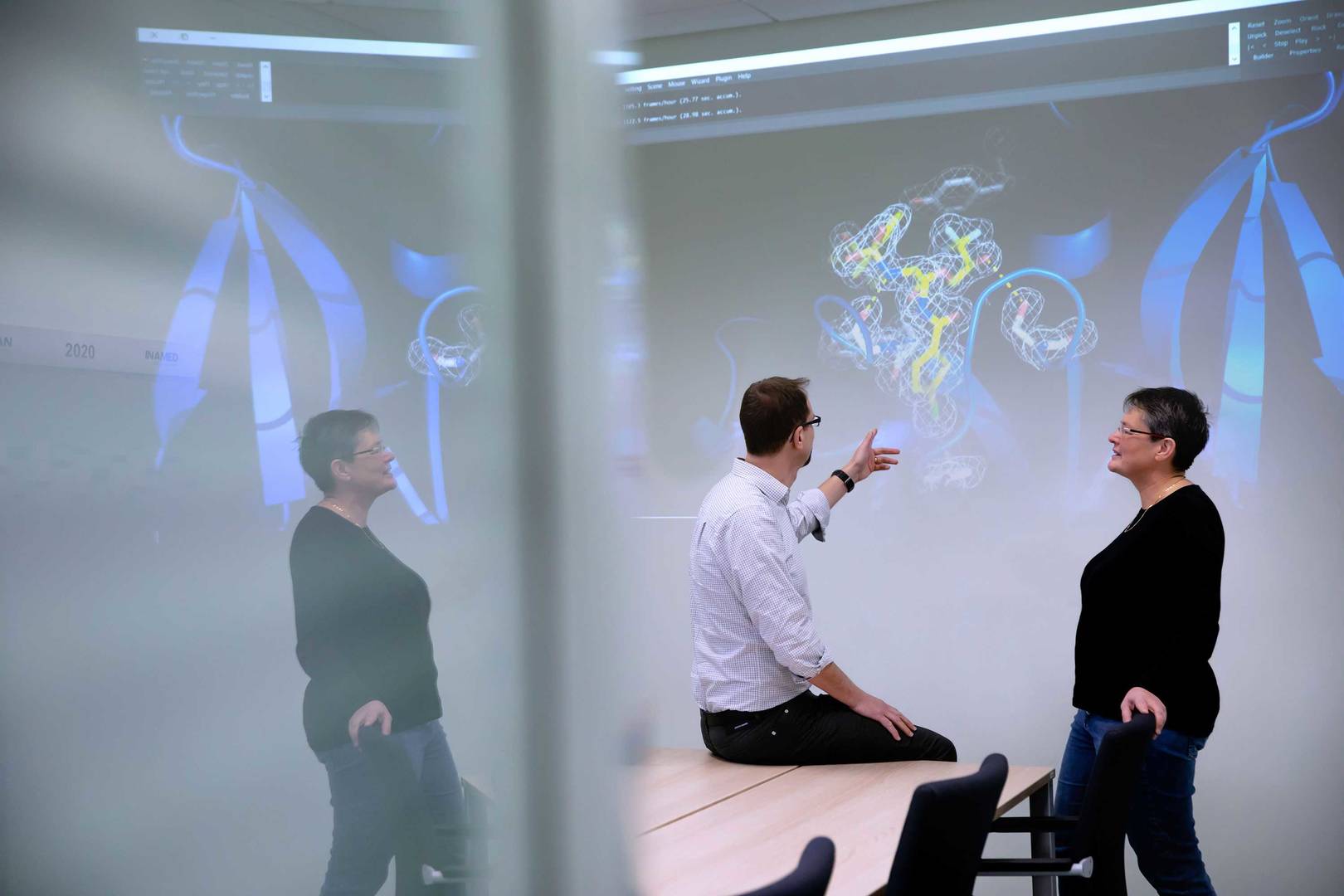Want to discuss your project or have any questions?
Leveraging advanced functional genomics and comprehensive in vitro/in vivo assay platforms, we collaborate closely with your team to generate proprietary, disease-relevant multi-omics datasets. These datasets are analysed using cutting-edge bioinformatics tools, offering a strong, innovative foundation for discovering and developing your assets, and helping ensure a data-driven and well-supported pathway to progress.

We design and create customised cell models for target identification, validation and mode-of-action studies using CRISPR knock-out and knock-in, RNAi technologies and directed target overexpression. Parental cell lines are chosen to meet your project's specific needs. We work with various cell types, including verified immortalised and cancer cell lines, primary cells, induced pluripotent stem cell (iPSC)-derived cells and purified immune cells from whole blood. Co-culture, 2D culture and 3D culture formats are available.
We conduct target screening campaigns using both unbiased and hypothesis-driven methods to better understand genotype-phenotype relationships, build disease-relevant models and elucidate mechanisms of action and biological pathways. We provide phenotypic and genetic screening of your chosen cell model (2D or 3D) in large-scale pooled or arrayed formats using custom or whole-genome targeting libraries (CRISPRn, CRISPRa, CRISPRi, perturb-seq and RNAi). Additionally, we employ advanced bioinformatics tools to support comprehensive data mining and hypothesis generation.
Phenotypic small-molecule screens help you discover novel therapeutic candidates. Identifying the direct drug target is crucial for efficient structure–activity relationship studies and rational drug design. Our target deconvolution services, including CRISPR-based screening and proteomics, help ensure precise identification of drug targets. We offer these methods individually or in combination, leveraging our proven expertise to support your drug discovery efforts.
To assess the role of your targets in the proposed therapeutic context, we conduct a range of analyses, including transcriptomic and proteomic profiling, metabolomics and gene studies (knock-out, knock-down, and over-expression) both in vitro and in vivo. Additionally, we provide extensive bioinformatics support. For broad target profiling, we utilise immunohistochemistry (IHC) on tumor microarrays (TMAs), derived from a comprehensive collection of clinical samples. These arrays represent the most relevant tumor indications and include histopathological assessments.

Discover how our Assays2Go services can enhance your drug discovery process.
Learn more
With our unique expertise and state-of-the-art HTS equipment, we address a wide range of target classes.
Learn more